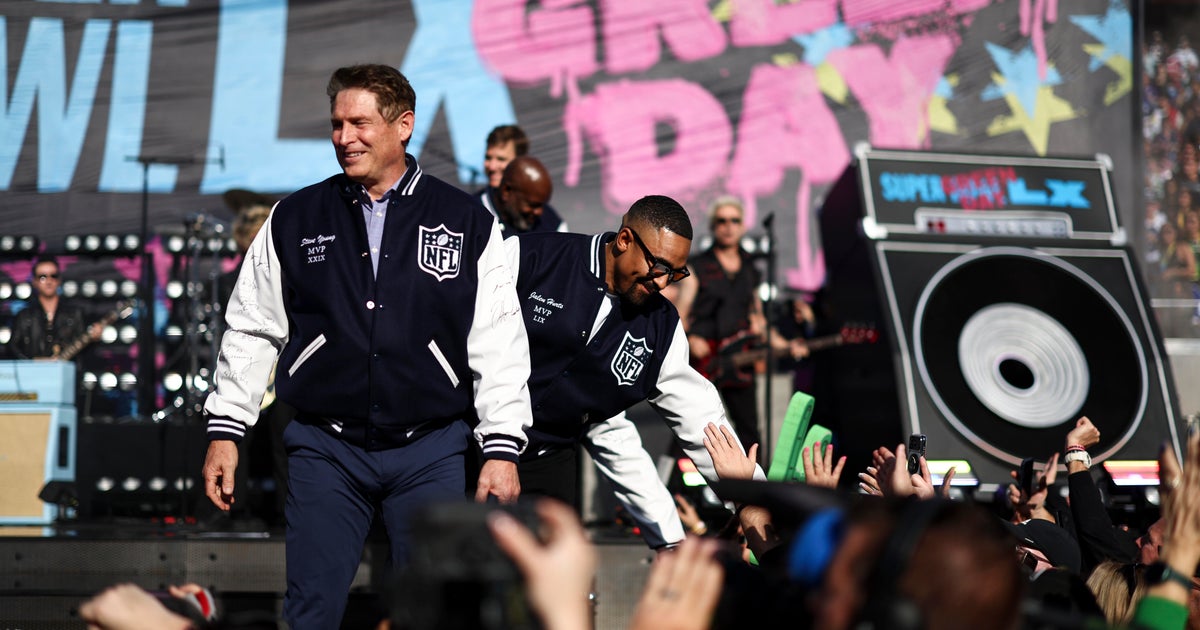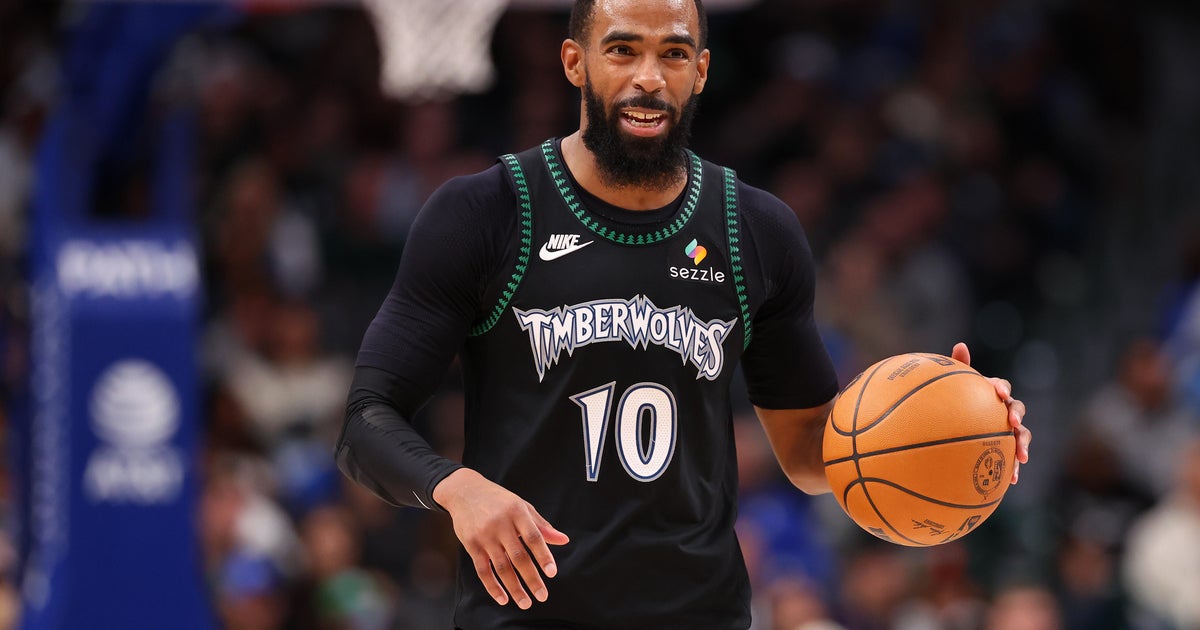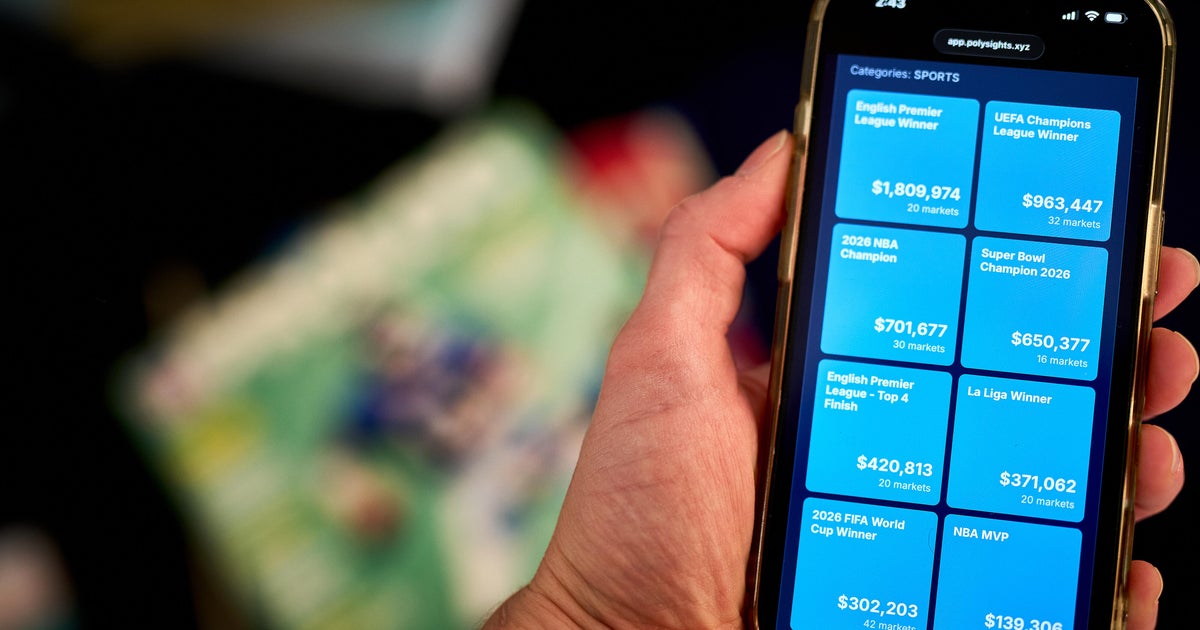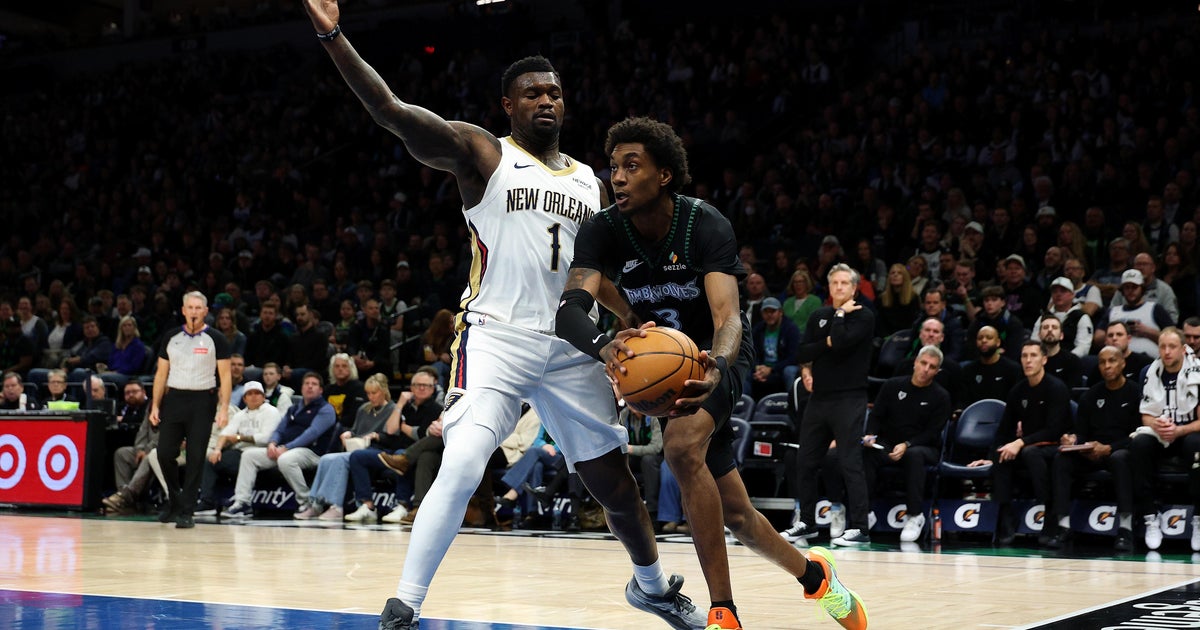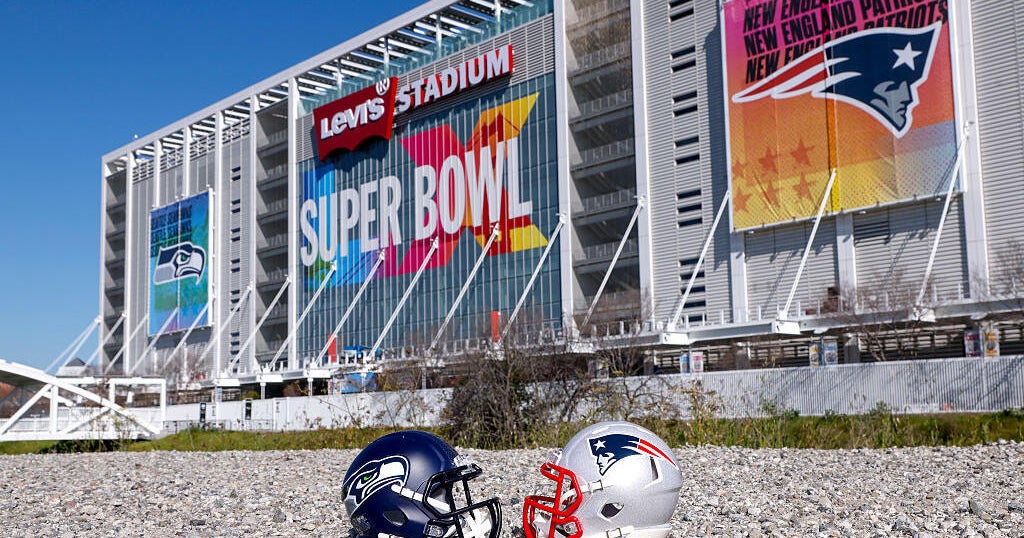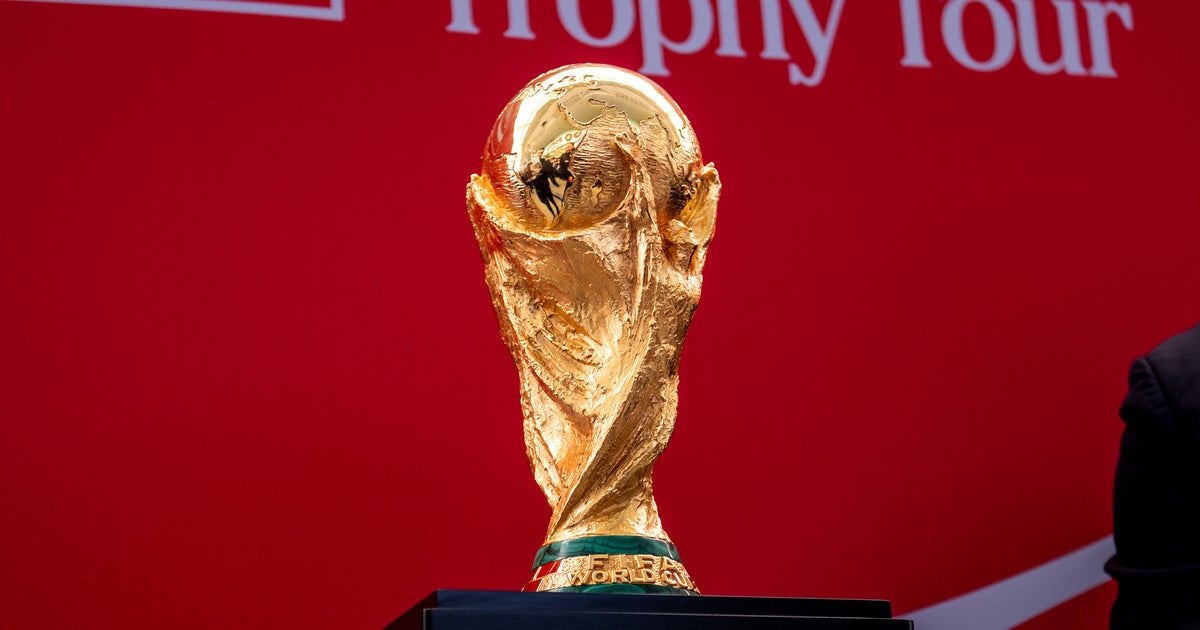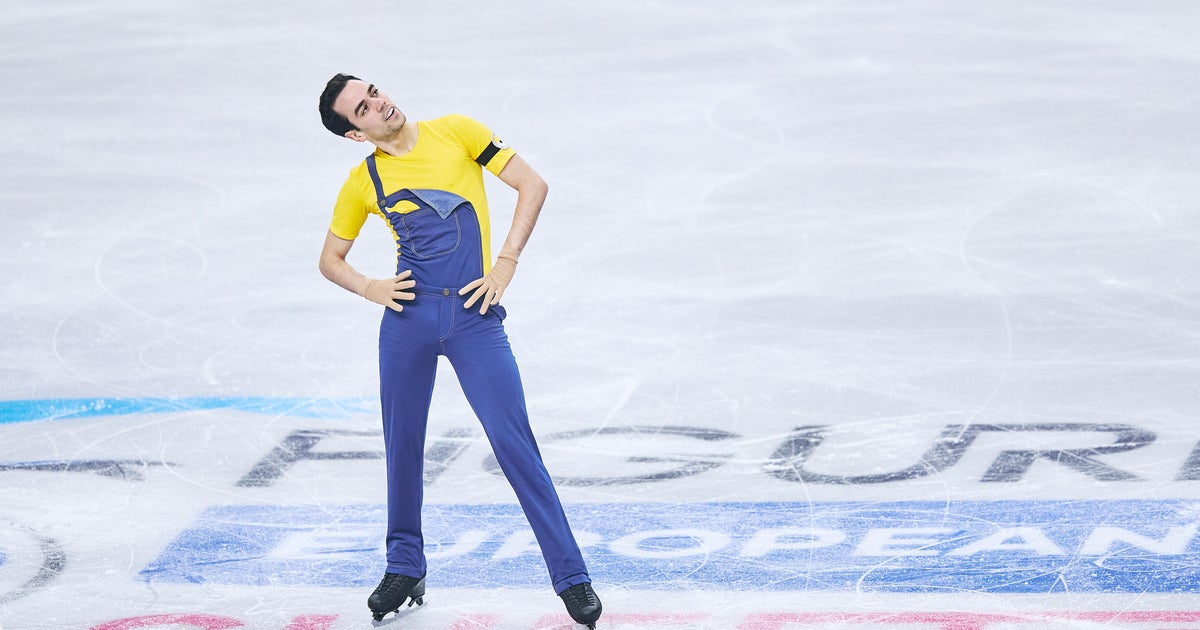Being Bryce Must Be Nice
Bryce Harper bristled when a radio host suggested he'd get upward of $400 million in his next deal with the Washington Nationals. But not because he was flustered by the copious cash, Monopoly money, Tony Montana money. But because he didn't think that was enough.
"Don't sell me short," were his precise words.
Indeed.
You may say he's cocky, or arrogant, but he's also accurate. If Giancarlo Stanton can bag $325 million, what's Harper worth? He plays in the nation's capital, on a pennant contender, is younger and swings a bigger bat. Harper also played in twice as many games (153) as Stanton (74) last year.
So if middle-market Miami, a football town that tolerates baseball, can shell out that kind of quid, what would a better player make a few miles from the White House?
Oh, and Harper just won NL MVP in 2015. He's the youngest player ever to do so. He got all 30 first-place votes, only the seventh unanimous choice in MLB history. And he's 23.
Say the Nats give him $450 million over the next 20 years. While it bends your senses, it's not necessarily bad business. With the mutating business model of pro sports, such a deal could be a bargain in 10 years.
We've always debated the moral and financial relativism when it comes to the warped world of pro sports. A teacher makes 45 grand, a fireman a little more. And a man who can swing a slab of maple gets $100 million. So no, a baseball player isn't worth surreal money in the real world. But in the orbit of athletics, a man is worth what someone is willing to pay.
There's always been an odd dichotomy among the media and masses. We wince when a player makes millions, but never when owners make billions. We simply assume they've done something to deserve it, even when many have merely inherited the family empire. But no matter who earned what, there's no doubt that business is booming.
According to Forbes, MLB is enjoying record revenue. In 2015, there was a $500 million spike in income, marking the 13th consecutive year they've seen record growth. Experts have MLB's revenue in 2016 at around $9.5 billion. So, yes, the Nats can afford to pay Bryce Harper $25 million a year without feeling a single, financial aftershock.
"As an example," says Forbes.com, "The Philadelphia Phillies saw rights fees increase from $25 million annually to $100 million as part of their $2.4 billion deal."
That's not bad when you consider the sport took in about $1.5 billion 25 years ago. Between 1995 and 2013, revenue climbed 274 percent. Then, for good measure, there was a $1 billion jump between 2013 and 2014.
So these epic contracts speak to the health of the sport. First it was the Yankees who went on their yearly poaching of poorer clubs that served as a de facto farm system, making it rain on their best young players. That all began with the YES Network. Then Boston got in on the regional network revenue. Then the Dodgers signed a $3 billion cable contract.
But now local cable deals are flowering all over the nation. No longer is it the Yankees, Red Sox, Dodgers and everyone else. No longer do high-end players simply flood each coast, leaving flyover country to cobble together rosters of old men, castoffs and farmhands.
Normally someone like Mike Trout -- the other seminal talent in MLB -- would be speed-dialing someone like Scott Boras. From there he would get fitted for a pinstriped suit and pinstriped jersey, then tell us that God guided him through the free-agency labyrinth. Funny how the Deity always seemed to agree that the richest contract was synonymous with the noblest franchise. Now Trout can actually stay with the team that drafted and developed him.
With most of MLB fertile with cable cash, the sporting ideal is in place, the NFL narrative of the outhouse-to-penthouse turnaround. Longterm losers like the Pirates, Royals and Cubs all made the playoffs last year, and are slated to contend again, with the Cubs the odds-on favorite to win their first World Series since the (Teddy) Roosevelt administration.
Harper has flashed signs of immaturity, largely adolescent gestures on the field and an aura of hubris off of it. But who wasn't dumb at his age? Harper has been branded a prodigy since puberty, his visage splashed across the cover of Sports Illustrated when he was 16.
Bryce Harper is barely a man by calendar, but a full-blown adult by cash and cachet. When you lead the National League in homers (42) and on-base percentage (.460) and come within three points of a batting crown (.330), you are baseball royalty.
A prince who's paid like a king.
Jason writes a weekly column for CBS Local Sports. He is a native New Yorker, sans the elitist sensibilities, and believes there’s a world west of the Hudson River. A Yankees devotee and Steelers groupie, he has been scouring the forest of fertile NYC sports sections since the 1970s. He has written over 500 columns for WFAN/CBS NY, and also worked as a freelance writer for Sports Illustrated and Newsday subsidiary amNew York. He made his bones as a boxing writer, occasionally covering fights in Las Vegas, Atlantic City, but mostly inside Madison Square Garden. Follow him on Twitter @JasonKeidel.
